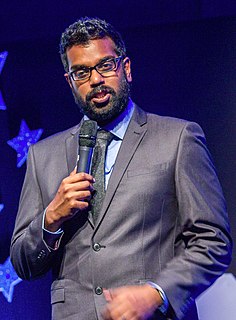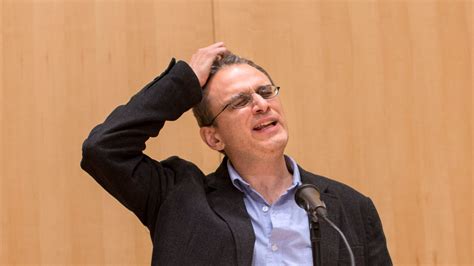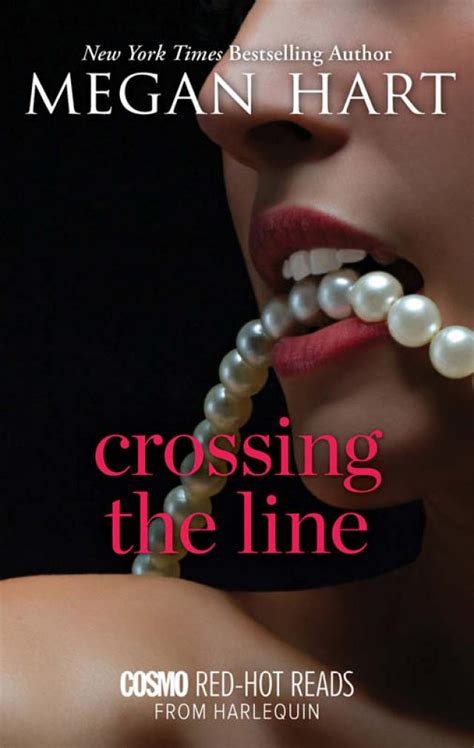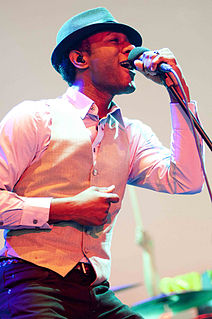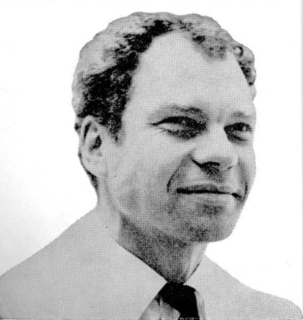A Quote by Lauren Oliver
With 'Delirium,' I had to spend time thinking about the political, social and religious structure of a different world. But it was a fun challenge.
Related Quotes
Social thinking requires very exacting thresholds to be powerful. For example, we've had social thinking for 200,000 years, and hardly anything happened that could be considered progress over most of that time. This is because what is most pervasive about social thinking is 'how to get along and mutually cope.'
There's no doubt about it: fun people are fun. But I finally learned that there is something more important, in the people you know, than whether they are fun. Thinking about those friends who had given me so much pleasure but who had also caused me so much pain, thinking about that bright, cruel world to which they'd introduced me, I saw that there's a better way to value people. Not as fun or not fun, or stylish or not stylish, but as warm or cold, generous or selfish. People who think about others and people who don't. People who know how to listen, and people who only know how to talk.
I was thinking about the generation before us, like John Barth and all of those pomo dudes who had that idea of, instead of hiding the structure and making it look organic and natural, we're going to put the structure on the outside. But most of the time, at least for me, all I could attend to [in Swing Time] was that act of structural self-consciousness.
Separation happens in so many different dimensions. We see it everywhere. I believe we are all part of the spiritual heart. We all come from that place of oneness, so that place in us that knows love, that knows connection, hurts. It's a challenge that we also feel more than any other time because it's in the news and social media. It's in our families. There is division with people in our lives, as well as political division and religious division.
Everyone talks about religious liberty, but no one believes it. So let us be blunt about it: we must use the doctrine of religious liberty to gain independence for Christian schools until we train up a generation of people who know that there is no religious neutrality, no neutral law, no neutral education, and no neutral civil government. Then they will get busy in constructing a Bible-based social, political, and religious order which finally denies the religious liberty of the enemies of God.
The past doesn't change no matter how much time you spend thinking about it. Good and bad all add up to the whole. Take away one piece, no matter how small, and the whole changes. Whether it's optimism, pessimism or fatalism, I don't spend my time wishing for the past to be different so present would be different, too. I control my future with what I choose now.
More than my questions about the efficacy of social actions were my questions about my own motives. Do i want social justice for the oppressed or do i jusy want to be known as a socially active person? I spend 95 percent of my time thinking about myself anyway. I dont have to watch the evening news to see the world is bad, i only have to look at myself. I am not brow beating here, i am only saying that true charge , true living giving, God honoring change would have to start with the individual. I was the very problem i had been protesting. I wanted to make a sign that read “I am the problem
A friend of mine who is in the publishing business knew I was writing a book, and he said, 'Have you said anything yet about the good guy? Because I know you spend so much time with the bad guys.' Because they're fun. So then you have to make the good guy fun, in order to compete. That's the challenge.




